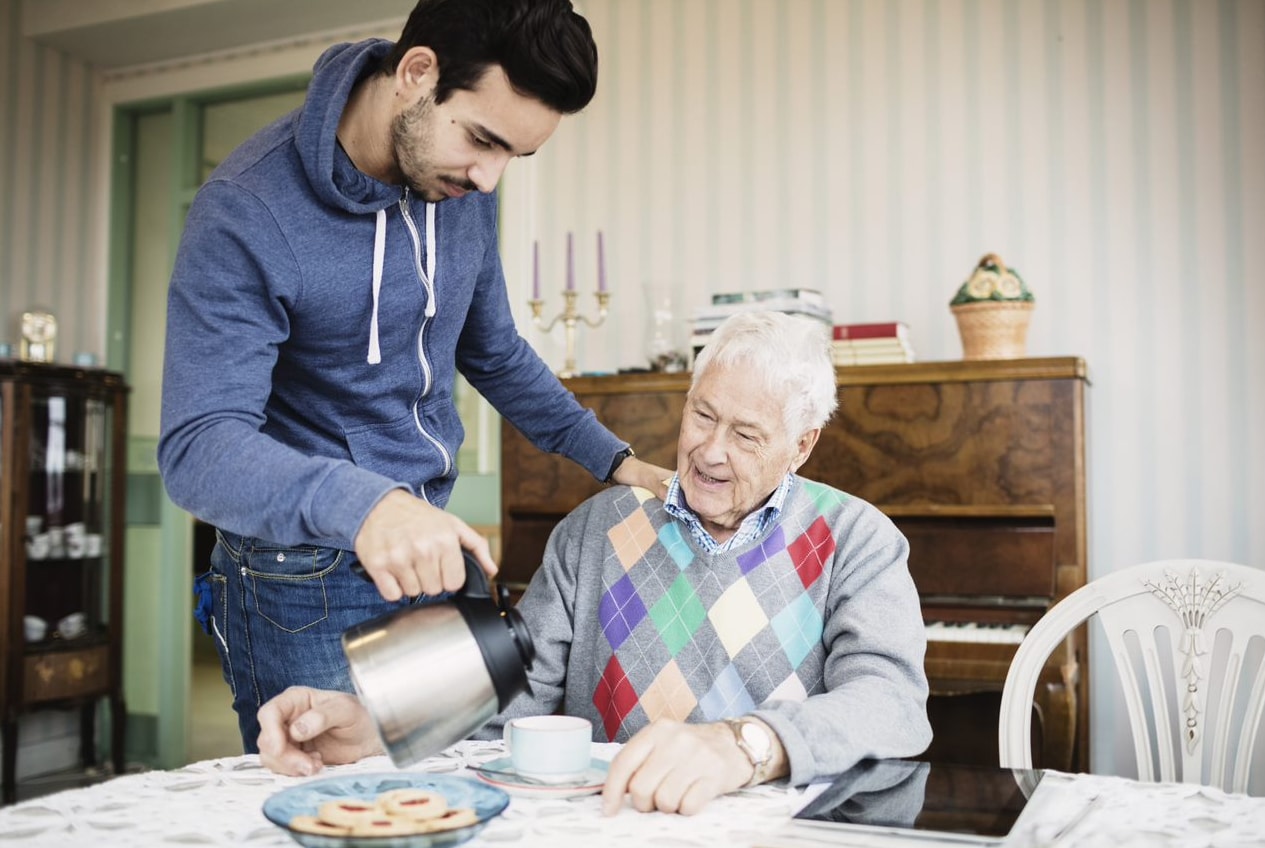By Rudri Patel
“You want to live on your own, Mom?” My voice quivered as I asked this question, hoping she’d say no. Recently widowed, my elderly immigrant Indian mother surprised me when she made the announcement she wanted to live in an apartment by herself. As a concerned daughter and caregiver, I worried about her health and whether her frail knees would permit her to take care of her living space. I yearned for peace of mind, while my mother craved independence.
The AARP suggests 90% of people who have health problems prefer staying in one place, usually in their own home. Since Mom committed to living in an apartment, I found ways to ease my worries and keep her place safe. As a family caregiver, here are some important tips I learned about home safety:
- Clutter-free zones are important. Mom often uses a cane and sometimes needs a walker to move around, so it is important clutter doesn’t get in her pathway. Move objects away from the doorway, remove clutter stacked on shelves and clear counter space so items don’t fall.
- Pay attention to fall risks. Uneven floor surfaces, crumpled rugs, and unfastened carpet pose tripping hazards. Secure wires, cords, and cables away from the flow of foot traffic.
- Lighting is key. Make certain hallways, walkways, and stairs in and outside of the home are well lit. Place a night light in the restroom.
- Small spaces sometimes mean greater danger. Since many falls occur in the bathroom, place nonslip mats in and outside of the shower. Add a grip bar near toilets and in the shower. Also, water temperature should be set to a maximum of 120 degrees.
- Fire safety is always a concern. The National Fire Protection Association reports most home fires start in the kitchen. Keep counters clear of wires, flammable materials and free of grease. Fire alarms and carbon monoxide monitors should be installed and working.
- Keep a fire extinguisher handy. Make certain your loved one knows how to use it. It might be a good idea to invest in automatic shut-off appliances.
- For loved ones that drive, check to see if car maintenance and insurance/registration is current. Equip the car with a portable phone charger. Always have a first aid kit, a spare tire and jumper cables in the vehicle. If a loved one cannot drive, explore other options such as public transportation or UBER.
- Communicate. Jot down phone numbers of friends and neighbors that live near your loved one. Discuss an emergency plan in case of fire or natural disasters.
- Invest in help. A life and medical alert system is key for urgent emergencies, especially for caregivers that live far away. Also, for the remote caregiver, look into hiring housekeepers, transportation help, and in-home care if necessary.
Through this caregiving journey, I’ve learned my mom is able to navigate her terrain and I don’t need to always worry. Mom has come a long way since her immigrant beginnings in India. She claims her independence, while I cheerlead on the sidelines, both as a daughter and a caregiver.
To learn more about keeping a loved one safe at home contact a Senior Care Advisor at Care.com. We are master’s-level social workers specializing in adult and senior care. Call us today at (855) 781-1303 x3 or email questions to careplanning@care.com





